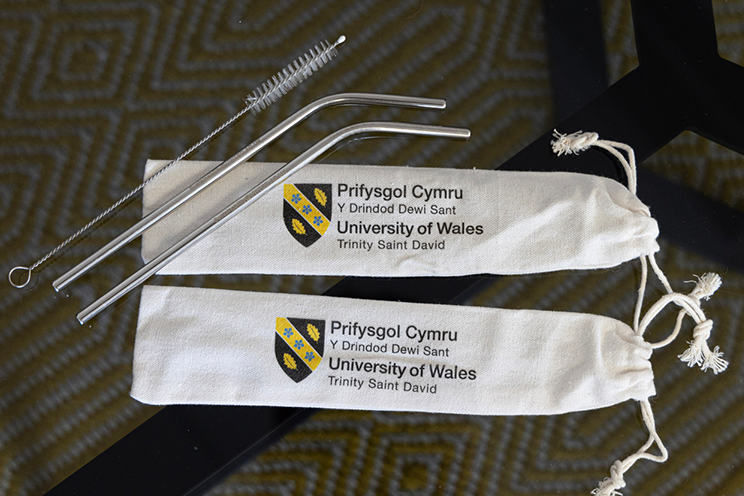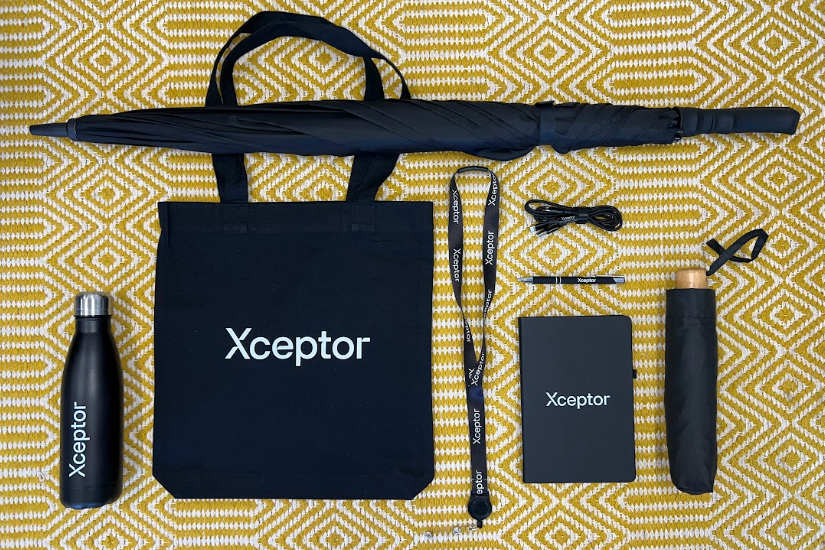
Greenhushing, Defined
Greenhushing, in contradiction to the popular term greenwashing, relates to when companies conceal or downplay their involvement in environmental initiatives. The term, coined in 2008 by treehugger.com, relates to a range of concealment tactics such as failing to report environmental impacts, not disclosing environmental risk and achievements, and failing to notify stakeholders in sustainability reporting.
A report by South Pole found that while 67% of companies do have a net-zero, science based target and plan, 23% of these companies do not intend to publicise them. These figures indicate a large-scale issue of transparency in current markets. This concealment is the result of a range of reasons such as fear of greenwashing accusations, fear of not meeting environmental goals, lack of quality data, and consumer guilt.
Why do companies participate in greenhushing?
Fears of greenwashing accusations
Greenwashing is defined as the process of conveying a false or misleading impression through unsubstantiated claims, highlighting your company to have a greater positive environmental impact than they actually do. Being accused of greenwashing can have a detrimental impact on your company, with data showing one in every five corporate risk cases is linked to environmental, social and governance issues stemming from greenwashing.
Many companies are scared they are not doing enough to help combat the climate crisis, and therefore fear their words will not be matched by their actions, thus opening themselves up for ridicule and greenwashing allegations. This can lead to hesitation to go public with their initiatives until they have tangible proof the schemes are creating feasible results.
Partnering with Brandelity to create branded merchandise is a great way to show your environmental values as by utilising sustainable products, you are highlighting your eco-friendly credentials without boasting about them. This can help to inform your stakeholders of your sustainable initiatives without opening your company up to greenwashing allegations, thus helping to also reduce the potential for greenhushing.
Lack of data
One of the major reasons corporations tend to participate in greenhushing is due to a lack of high quality data. The time associated with researching and investing in this data collection and analysis is high, and can result in other parts of the company suffering. Further monetary and time costs are associated with turning this raw data into tangible, sustainable certifications that your stakeholders can understand. To show sustainable values and initiatives, many companies strive to win awards and work towards certifications. This extra effort can impact the overall success of companies as smaller companies need to move resources away from their day-to-day operations to focus on these schemes and award entries.
Consumer guilt
Greenhushing can help to ease the guilt of consumers as by concealing the sustainability efforts of a company, businesses are downplaying the overall importance and urgency of environmental matters. By concealing sustainability initiatives, businesses are silently saying these issues are not important enough to be at the forefront of their business antics, thus giving the consumer the permission to not put these values at the front of their purchasing decisions. This can lead to consumers feeling more empowered in their buyer behaviour, which could lead to more favourable associations between the consumer and the company. By greenhushing, not only are businesses empowering consumers, they are also reducing the negative implications of their non-sustainable products. By downplaying the idea of environmental initiatives altogether, companies are taking the spotlight away from all their products, thus reducing the questions asked by ethically conscious consumers, which can help increase the sales of these products or services.
The negatives of greenhushing
Although many companies turn to greenhushing as a way of protecting their brand image and reputation, it can do as much harm as greenwashing. By downplaying your positive environmental practices, stakeholders can feel as though they are being left in the dark, which can erode trust and confidence in these relationships. This lack of transparency can also spill into your interactions with customers, as an adverse reputation can negatively impact consumer purchasing decisions.
A recent study found 86% of UK adults want to see more transparency from businesses on their environmental impacts, initiatives and targets. Therefore, by gaining a reputation as a non-transparent company, you are reducing your potential of engaging with these ethical consumers, thus potentially reducing your revenue.
How to avoid greenhushing
The negative implications surrounding greenhushing are related to tainting your brand image and trustworthy reputation. Therefore, to reduce greenhushing, businesses must focus on eradicating any blockages between their environmental initiatives and their stakeholders.
Transparency is the most important factor to consider when ensuring the eradication of greenhushing in business practice. If consumers can see your actions are authentic and not contradicting, they will feel an increased sense of trust. This trust will be further strengthened if you are able to admit your imperfections. Consumers are understanding when they feel valued, and therefore will rarely solicit major backlash if companies highlight imperfections. These imperfections help to add personalisation to your business, thus helping to build relationships.
Although lots of internal work can be done to avoid greenhushing, your external relationships also come under scrutiny. Partnerships and business associates reflect on your company. Therefore, it is imperative you choose to partner with companies that share your ethical values and sustainable credentials. This is of particular importance when choosing your marketing tools, such as branded merchandise. By placing your logo on a piece of unsustainable, single use merchandise, you are aligning your brand with negative environmental values. Therefore, it is imperative to be transparent and open with your sustainable values by aligning with branded merchandise that does good for the environment.
Here at Brandelity, we are specialists in multi-use, sustainable merchandise. By partnering with us, you can help alleviate the pressures of greenhushing as we can aid you in placing your brand on sustainable items, thus showing your stakeholders your ethical values. We have helped companies such as innocent drinks, Easy Jet and Dash create sustainable merchandise, and we could help you too. Discover what we can do for you in these case studies below:
Share This Page
Catherine Trelawny
An organised and hardworking individual who has a passion for marketing, with particular interest in the creative aspects. Responsible for boosting social media engagement and website traffic through copy writing and eye-catching content.
Dedicated to helping companies increase their brand visibility by informing them of sustainable, memorable merchandise here at Brandelity.











